Crypto use cases have long gone beyond just trading shiny coins, moving into practical real-world transactions. If you've found your way to this article, you’ve likely experienced this shift already. Perhaps you wonder how to allocate your crypto earnings, or you’ve encountered the frustrating barriers of the traditional financial system while trying to purchase a home. Either way, this article is for you.
Why You May Need to Buy Real Estate with Crypto?
Crypto use cases are rapidly expanding beyond investing in crypto assets and trading them with leverage, now reaching into the realm of real estate. More businesses accept crypto payments, and some are even starting to offer options for crypto mortgage payments. This shift is driven by fintech platforms making crypto more user-friendly. Although buying a house with crypto isn’t a regular thing yet, we are moving in this direction.
As cryptocurrencies become a more significant part of our daily lives, you will more and more often wonder how to buy something with your Bitcoin, Ethereum, or stablecoins. It won't take a year before you're considering buying a house with your cryptocurrency. The following reasons may lead you to do so:
- Diversifying your crypto earnings: For those who have accumulated significant wealth in crypto, real estate provides a tangible and relatively stable asset to diversify their portfolio. In that case, you would want to avoid interacting with the fiat system at all, since cashing out cryptocurrencies is subject to taxes in most jurisdictions.
- Need to speed things up: The traditional payment process of purchasing real estate can be cumbersome and slow. You may face lengthy approval processes, stringent credit requirements, and potential delays. On the other hand, cryptocurrencies offer a faster alternative, enabling quick and direct transactions without the need for bank approval, which can be particularly beneficial in competitive markets where timing is critical.
- Need for International transactions: Banks in some countries can impose barriers to cross-border transfers, making it nearly impossible to buy foreign real estate. Cryptocurrencies facilitate borderless transactions and allow real estate acquisitions all over the world.
- Overall exhaustion of the banking system: Or maybe you just don't want to deal with banks for whatever reason. And that's enough.
Buy Real Estate Through a Direct Crypto Transfer
Buying real estate through a direct crypto transfer is the most straightforward method available. There’s nothing stopping two individuals from creating a private agreement to sell a home in exchange for cryptocurrency using a direct wallet-to-wallet transfer unless this specific action is illegal in the jurisdiction where you want to buy a property unit. But in this case, you don’t need this article, and frankly, you don’t want to have any deals with real estate in such a place.
If it is legal, though, both parties need to agree on the terms of the sale and decide on the type of cryptocurrency to be used. It’s crucial to get your agreement in writing to protect both buyer and seller, and it’s wise to consult a lawyer familiar with both real estate law and cryptocurrency to ensure the transaction complies with local regulations.
However, this method comes with its own set of challenges. If you are working with a real estate agent, this process might not be feasible, as most agents are not prepared to receive their fee in crypto. Additionally, given the high volatility of the cryptocurrency market, it is better to estimate the property's value in dollars, even if the payment will be made in Bitcoin. Simply put, the price of the cryptocurrency you have chosen for the payment can fluctuate by tens of percent between the time of valuation and payment.

Buy Real Estate by Using Crypto as Collateral
In the grand scheme of things, crypto-collateralized loans work the same as traditional mortgages. Meaning you provide the lender with collateral, and the lender gives you a loan. However, the most crucial aspect of a crypto mortgage isn’t your credit history or paycheck stubs, but your borrowing capacity, i.e., the amount of your crypto holdings. Namely, after evaluating your holdings, the lender sets the loan terms, including the amount you can borrow and the annual interest rate.
By using your crypto as collateral for acquiring a property, you not only keep it instead of selling, but also avoid paying capital gains taxes. Additionally, crypto mortgages can simplify the process for foreign citizens to buy real estate in countries like the U.S., as most crypto-backed loan providers typically don't require a credit score or social security number. For investors confident in the long-term appreciation of their crypto assets, this method can be particularly appealing.
However, crypto mortgages come with significant risks due to the high volatility of cryptocurrency prices. If the market crashes, the value of your collateral drops, leading to compounded risks. The lender may require you to add more investments to the collateral, similar to a margin call in traditional markets, locking up your capital and preventing you from trading it. If the crypto market value completely nukes, as it happens occasionally, the creditor might be forced to liquidate your assets at a fraction of their original value. Thus, consider carefully the actual risks before taking a crypto-collateralized loan, or at least use only Bitcoin and stablecoins as collateral.
Case Study: Buying a House by Using Bitcoin as Collateral on Milo
On the Milo platform, one of the first crypto-collateralized lenders, a buyer secured a $420,000 house using a cryptocurrency-backed loan with Bitcoin as collateral. With a 1:1 collateral rate and Bitcoin priced at $60,000 at the time of the loan, the borrower needed to pledge 7 $BTC to cover the loan amount. He took a 15-year term mortgage with an annual interest rate of 8.95%. This setup obliges the borrower to repay a monthly installment of $4247. Over the 15-year term, the total repayment amount would be $764,539, which is quite similar to traditional loan conditions.

Buy Real Estate with NFT
Non-fungible tokens (NFTs) are primarily known as digital art pieces and collectibles. However, NFT smart contracts offer intriguing possibilities for real estate transactions. An NFT can represent the sale of a piece of real estate and serve as a form of ownership rights document. Essentially, an NFT can encode property ownership within a blockchain, facilitating a seamless transfer of deeds and payment in one digital transaction.
The process involves additional steps, such as linking the NFT to a limited liability company (LLC) that holds the physical property. This structure potentially allows borrowing against the property’s NFT, but it introduces complexities unfamiliar to most buyers, and valuing an NFT as collateral also poses challenges. Despite the potential, NFT-backed real estate transactions are still emerging and are not yet mainstream.
Case Study: Buying a House via NFT Auction on Propy
As an example, we should take one of the NFT sales on Propy, one of the real estate transaction platforms. On March 12th, 2022, a Florida property was sold through an NFT auction on Propy for 210 $ETH, approximately $654,000 at the time. The NFT represented the property deed and was linked to a limited liability company (LLC) that owned the physical property. The auction participants placed bids in Ethereum ($ETH), with the highest bid securing 210 $ETH for the seller. After the transaction was done, the smart contract facilitated the ownership transfer.

Acquire Fractional Ownership Through Real Estate Tokenization Platform
Real estate fractional tokenization is the most advanced and highly useful method of acquiring ownership and investing in real estate. It involves several key parties: investors, tokenization platforms, and real estate operators. Investors fund real estate projects in exchange for tokenized shares; tokenization platforms provide the technological infrastructure to create and manage these real estate tokens; real estate operators manage the properties and ensure they generate the expected returns. This system democratizes access to real estate investment, allowing you to buy shares in properties with smaller amounts of capital.
The real estate tokenization process begins with evaluating and preparing the property, followed by establishing a special purpose vehicle (SPV), typically structured as a limited liability company (LLC), to hold the property title. A real estate tokenization platform issues tokens for this SPV, which represent ownership shares in the property. For example, a $195,000 rental villa in Bali could be divided into 3,900 tokens worth $50 each. Then, investors can purchase these tokens on the platform and automatically receive rental income through smart contracts. The tokens can also be traded on secondary markets, providing liquidity that traditional real estate investments lack.
Case Study: Creating a Real Estate Investment Portfolio on Binaryx Platform
Let’s use the Binaryx Platform for this case study, where you can explore investment opportunities in various regions, including Bali and Montenegro, with options for both rental and construction real estate. Let's build a real estate portfolio worth $100,000 and allocate $25,000 to each of the four investment options: two rental villas in Bali with annual percentage rates (APRs) of 16.3% and 10.5%, and two construction investments, first in Bali and second in Montenegro, with initial returns on investment (ROIs) of 17% and 19.24%, respectively, followed by rental APRs of 15% and 8% after construction is finished.
- First-year total: $4070 + $2625 + $4250 + $4810 = $15,755
- Second-year total: $4070 + $2625 + $4392.50 + $2384.80 = $13,472.30
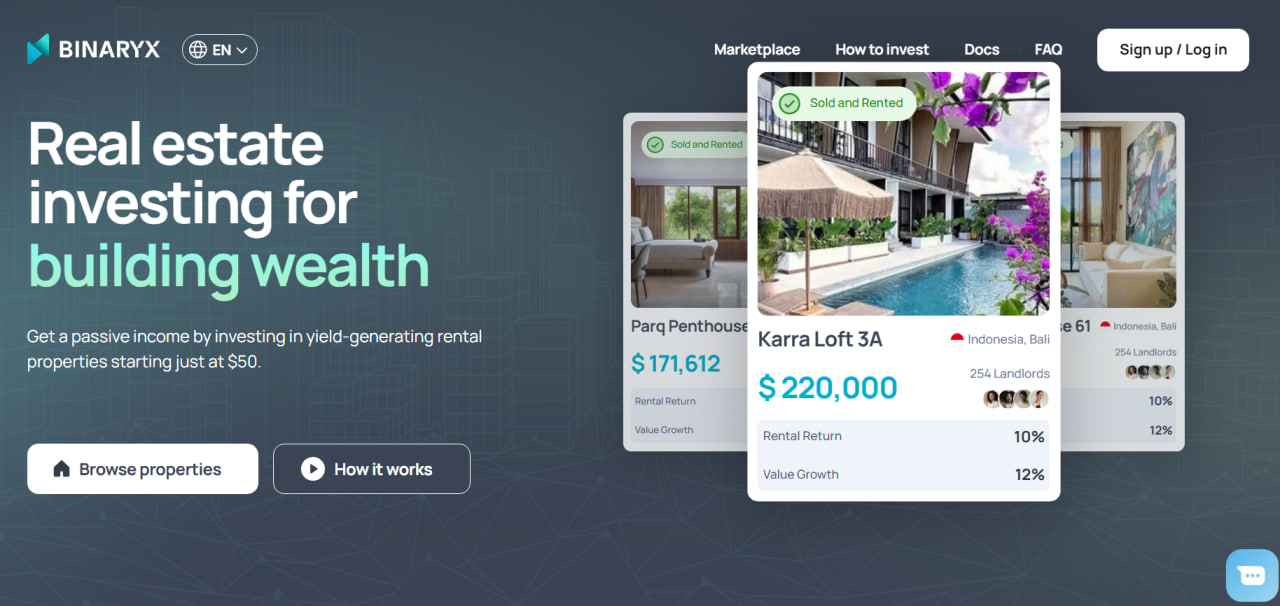
Conclusion
The intersection of cryptocurrency and real estate is opening up new opportunities for property investors and buyers alike. In this article, we've reviewed four main ways to acquire real estate with crypto: through direct crypto transfers, crypto-collateralized loans, NFTs, or fractional ownership via tokenization platforms.
Direct crypto transfers provide a straightforward method but require careful legal consideration. Using crypto as collateral for loans allows buyers to retain their crypto assets while acquiring property, though it comes with volatility risks. NFT-backed real estate transactions offer a fast and smooth transfer of ownership. Acquiring fractional ownership through tokenization platforms offers endless investment options.
Articles you may be interested in


.jpg)
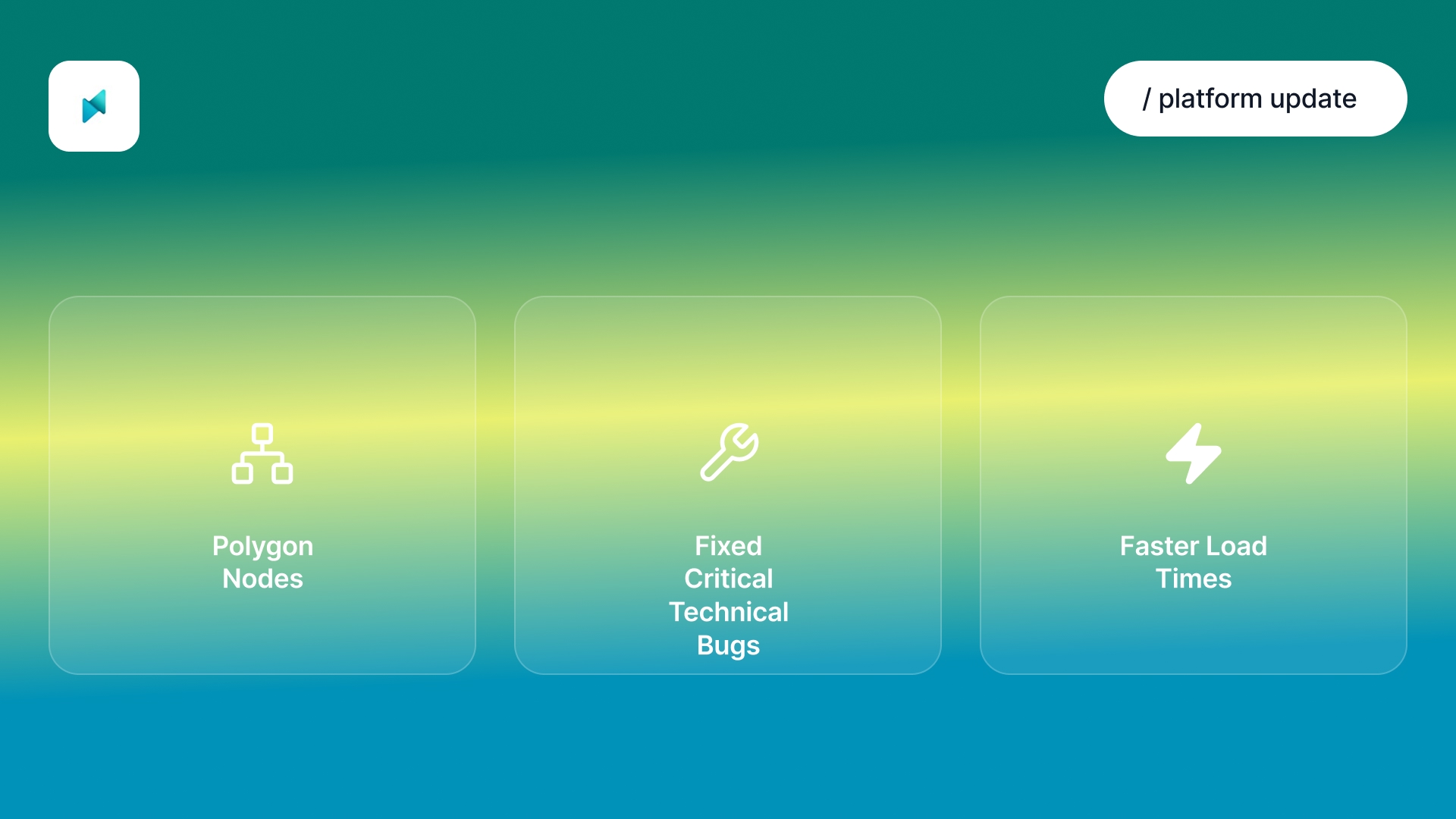

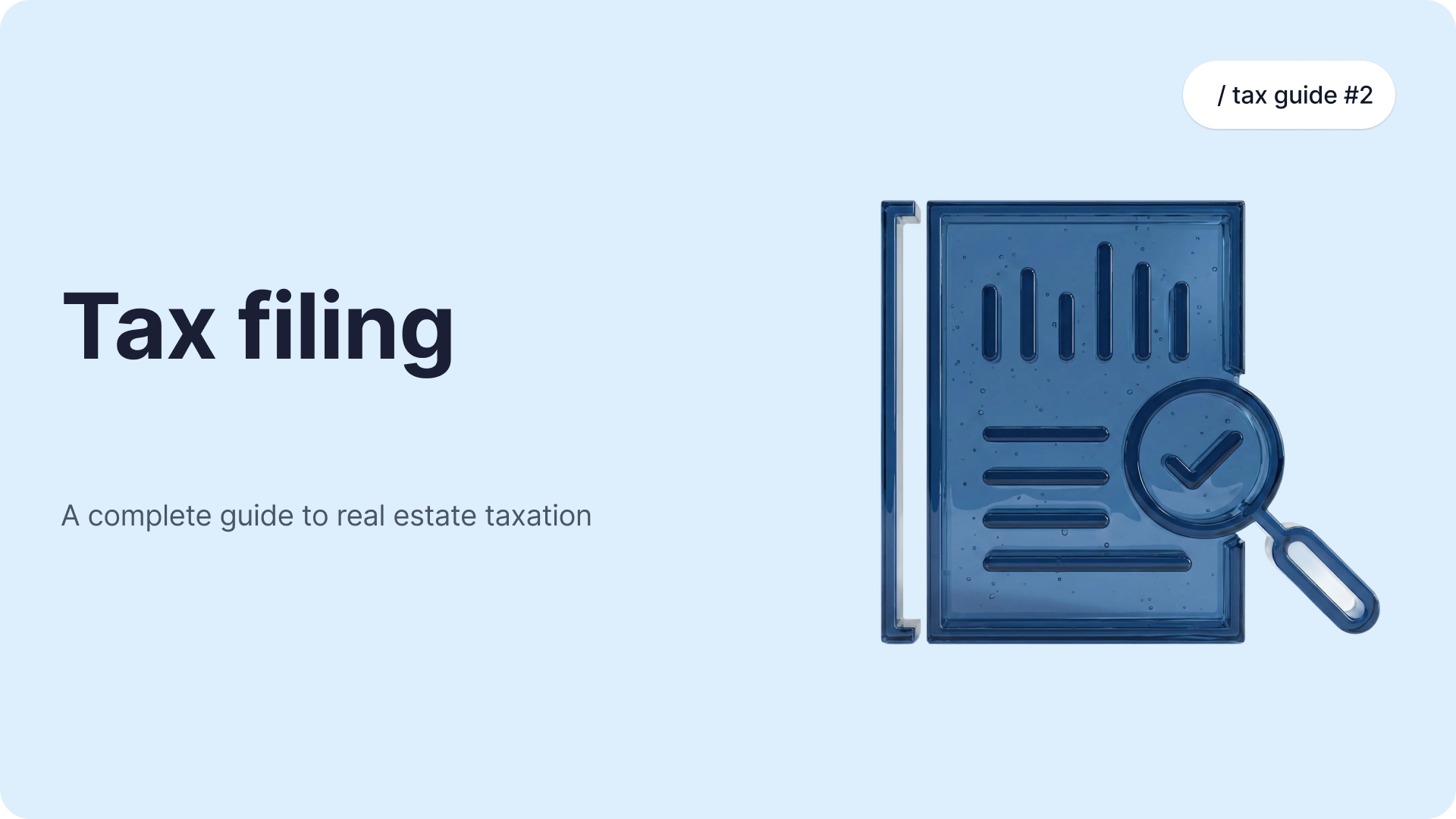
.png)
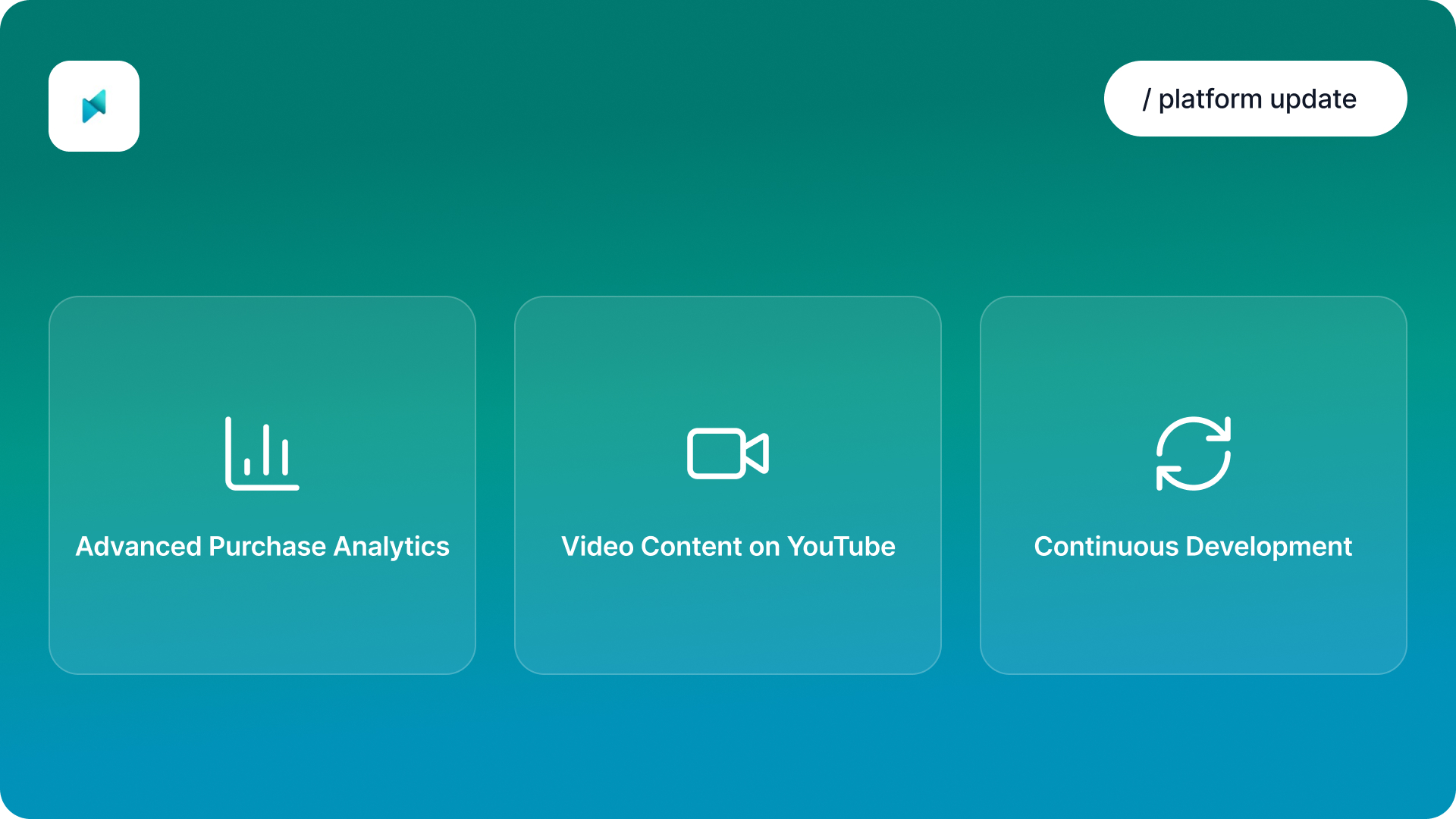
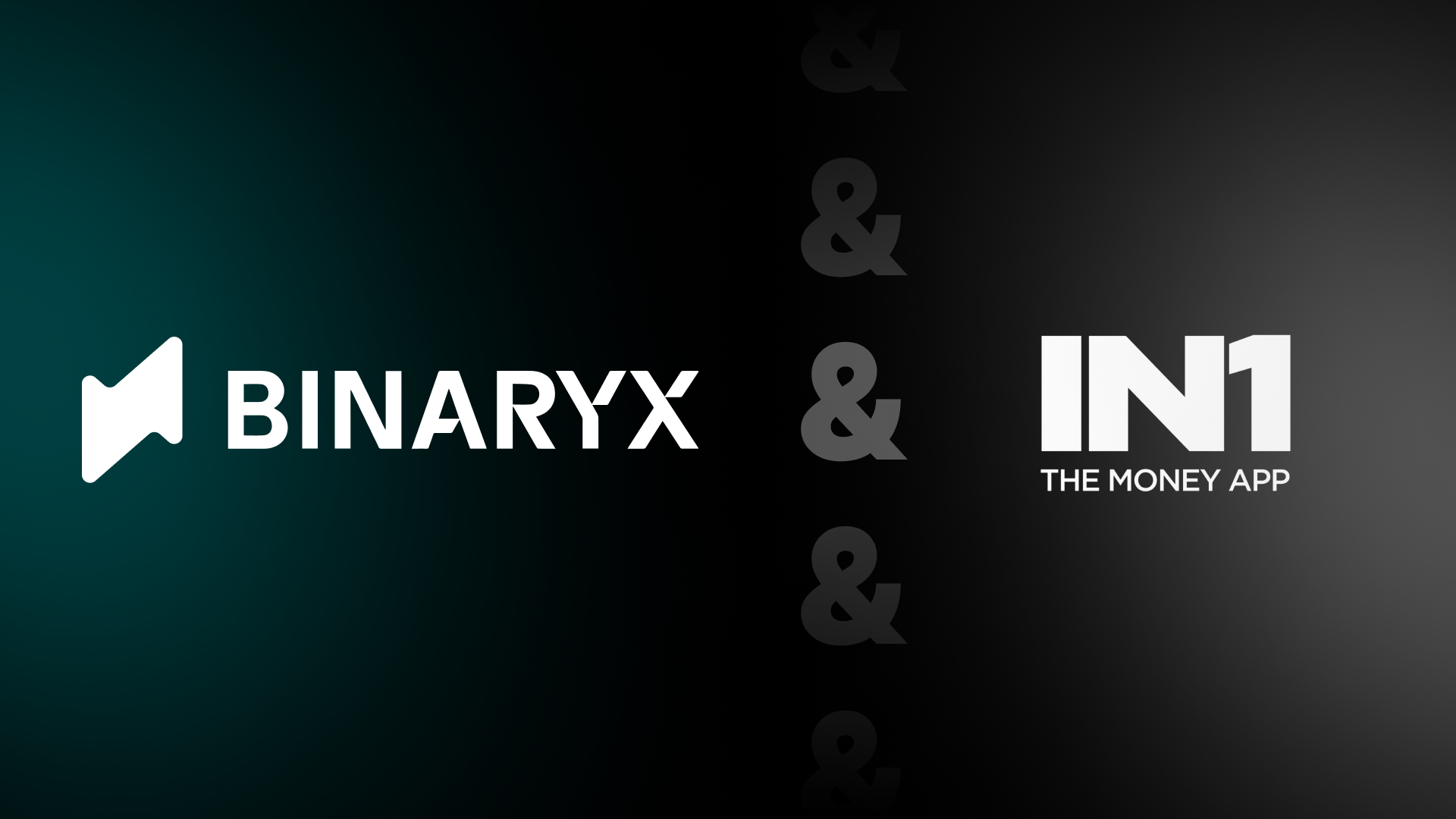
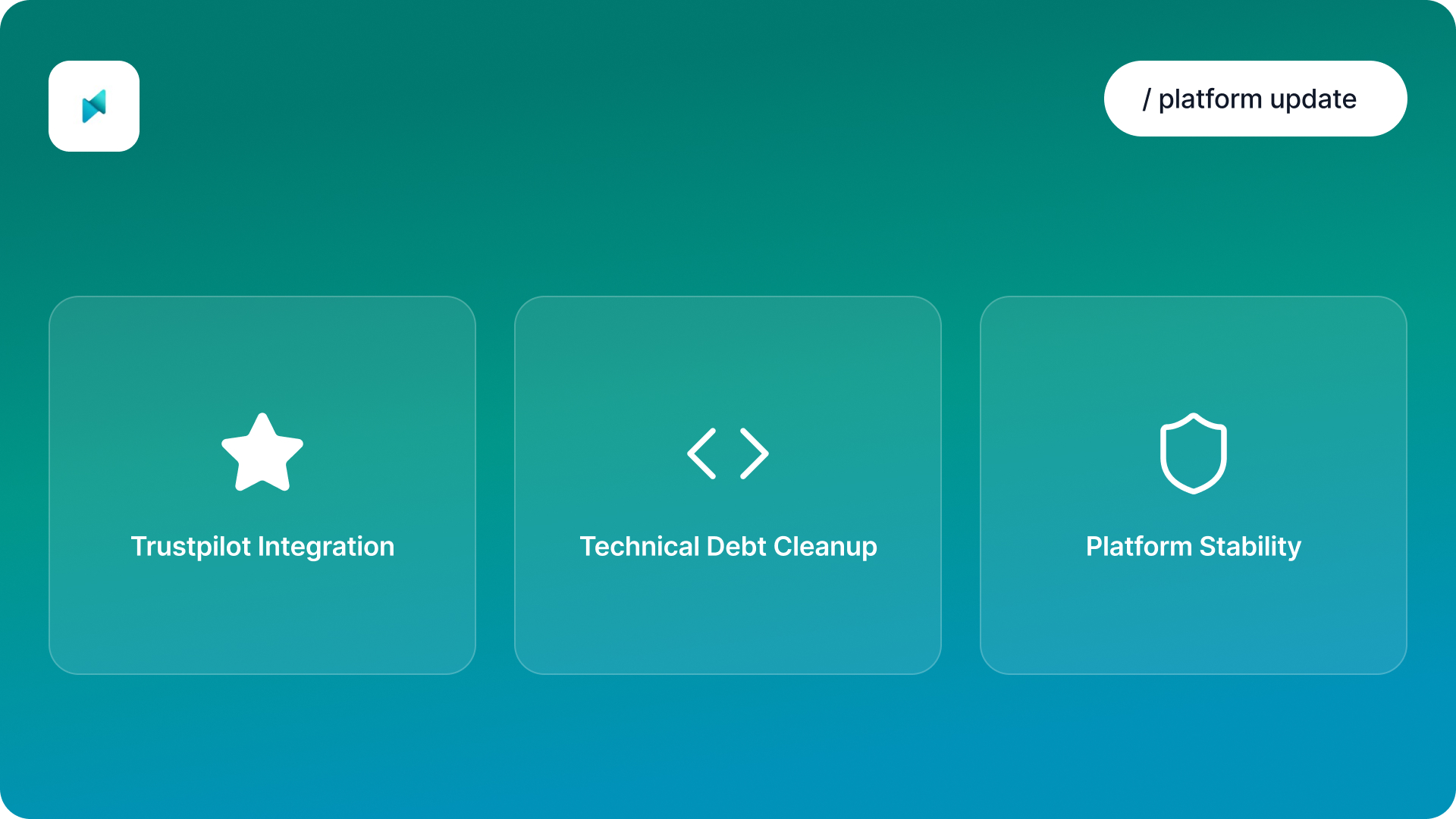
.png)

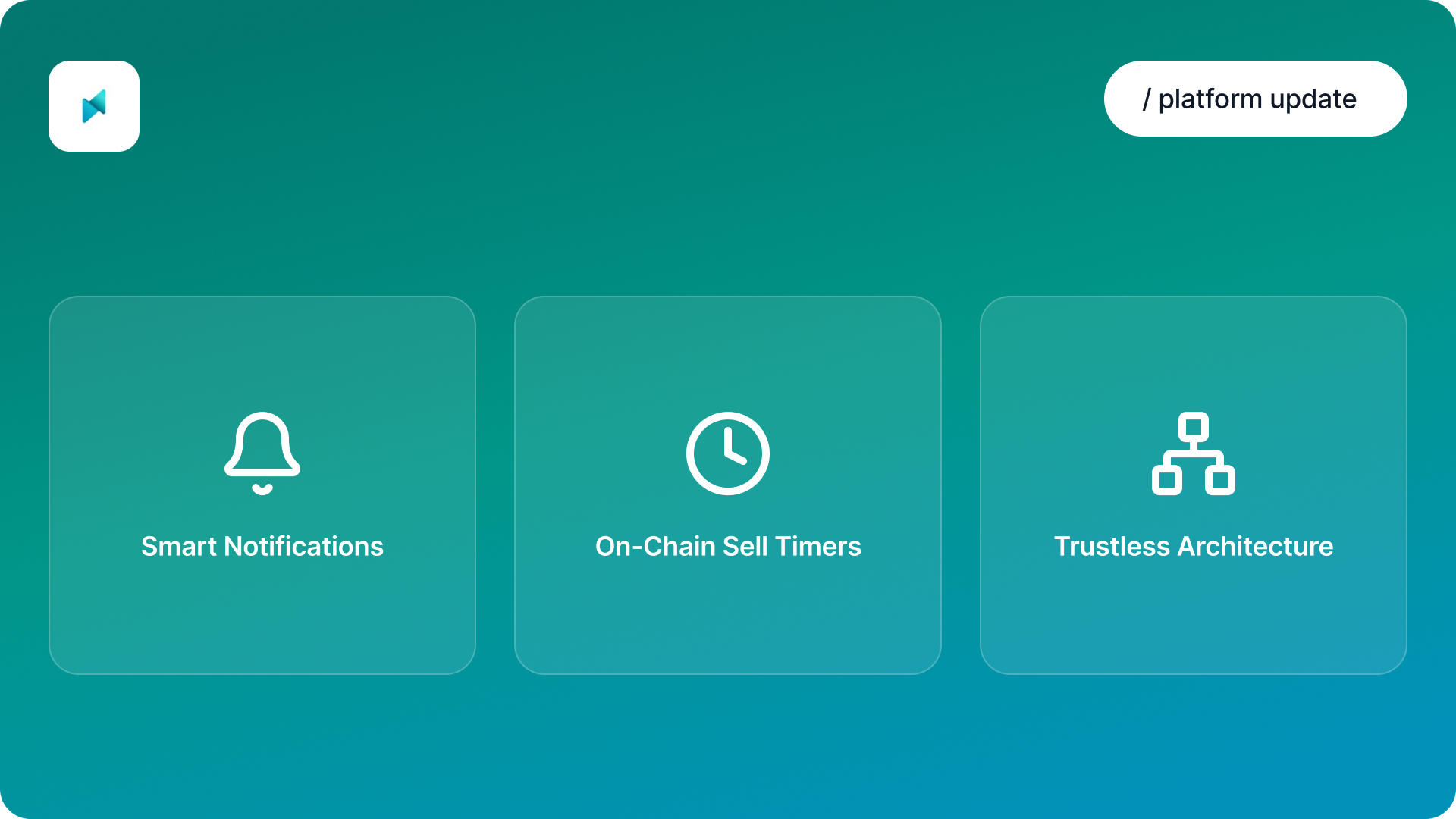

.webp)